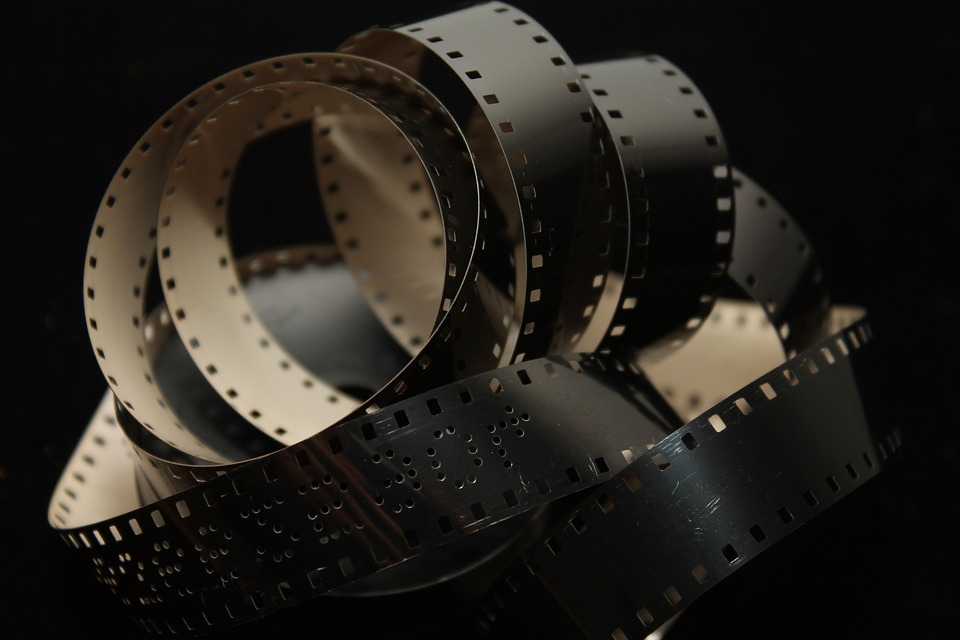Legendary Filmmakers: A Retrospective of Cinema’s Greatest Directors
The Early Pioneers
In the early days of cinema, several visionary filmmakers laid the foundation for the art form that we know today. D.W. Griffith, often referred to as the “Father of Film,” revolutionized filmmaking with his groundbreaking techniques in editing and storytelling. His epic film “The Birth of a Nation” is considered a landmark in cinema history, despite its controversial subject matter.
Another notable pioneer is Georges Méliès, a French filmmaker known for his innovative use of special effects and fantasy storytelling. Méliès’ iconic film “A Trip to the Moon” is still celebrated for its inventive visuals and imaginative storytelling.
The Golden Age of Hollywood
The Golden Age of Hollywood introduced audiences to some of the most legendary filmmakers in cinema history. Alfred Hitchcock, often dubbed the “Master of Suspense,” became known for his thrilling suspense films such as “Psycho” and “North by Northwest.” Hitchcock’s meticulous attention to detail and innovative camera work set a new standard for the thriller genre.
Billy Wilder, a prolific filmmaker known for his versatility in both comedy and drama, is best remembered for films such as “Sunset Boulevard” and “Some Like It Hot.” Wilder’s sharp wit and keen observations of human nature made him a beloved figure in Hollywood.
The New Wave Movement
The 1960s and 1970s saw the rise of the New Wave movement in cinema, with directors such as François Truffaut and Jean-Luc Godard leading the charge. Truffaut’s films, including “The 400 Blows” and “Jules and Jim,” were known for their intimate portrayal of human emotions and complex characters.
Godard, on the other hand, pushed the boundaries of traditional filmmaking with his experimental techniques and political themes in films like “Breathless” and “Contempt.” The New Wave movement challenged conventional filmmaking norms and paved the way for a new generation of filmmakers to explore bold and innovative storytelling.
The Auteur Theory
The Auteur Theory, championed by French critics André Bazin and François Truffaut, emphasized the director as the primary creative force behind a film. This theory gave rise to a new breed of filmmakers who had a distinct artistic vision and style. Directors such as Stanley Kubrick, Martin Scorsese, and Steven Spielberg are all considered auteurs in their own right.
Kubrick, known for his meticulous attention to detail and technical mastery, created iconic films such as “2001: A Space Odyssey” and “A Clockwork Orange.” Scorsese, on the other hand, is known for his gritty depictions of urban life in films like “Taxi Driver” and “Goodfellas.” Spielberg, with his flair for blockbuster entertainment, revolutionized the summer movie with classics like “Jaws” and “E.T. the Extra-Terrestrial.”
The Modern Masters
In the 21st century, a new wave of filmmakers has emerged, pushing the boundaries of storytelling and visual aesthetics. Directors like Christopher Nolan, Quentin Tarantino, and Guillermo del Toro have garnered acclaim for their bold and innovative filmmaking.
Nolan, known for his complex narratives and mind-bending visuals in films like “Inception” and “Interstellar,” has solidified his reputation as a visionary director. Tarantino, with his signature blend of violence, pop culture references, and nonlinear storytelling in films like “Pulp Fiction” and “Django Unchained,” has become a cult figure in the world of cinema.
Del Toro, with his unique blend of fantasy, horror, and fairy tales in films like “Pan’s Labyrinth” and “The Shape of Water,” has won critical acclaim and multiple Academy Awards. These modern masters continue to push the boundaries of filmmaking and inspire future generations of filmmakers.
The Future of Cinema
As cinema continues to evolve and adapt to changing technologies and audience preferences, the legacy of legendary filmmakers will continue to inspire and influence the next generation of directors. From the early pioneers of silent cinema to the modern masters of the digital age, these filmmakers have left an indelible mark on the art form and shaped the way we experience storytelling on the silver screen.
In conclusion, the world of cinema is indebted to visionary filmmakers who have pushed the boundaries of storytelling and visual aesthetics. From the early pioneers of silent cinema to the modern masters of the digital age, these directors have shaped the art form and inspired generations of filmmakers to come. Legendary filmmakers will always hold a special place in the history of cinema, and their influence will continue to be felt for years to come.



